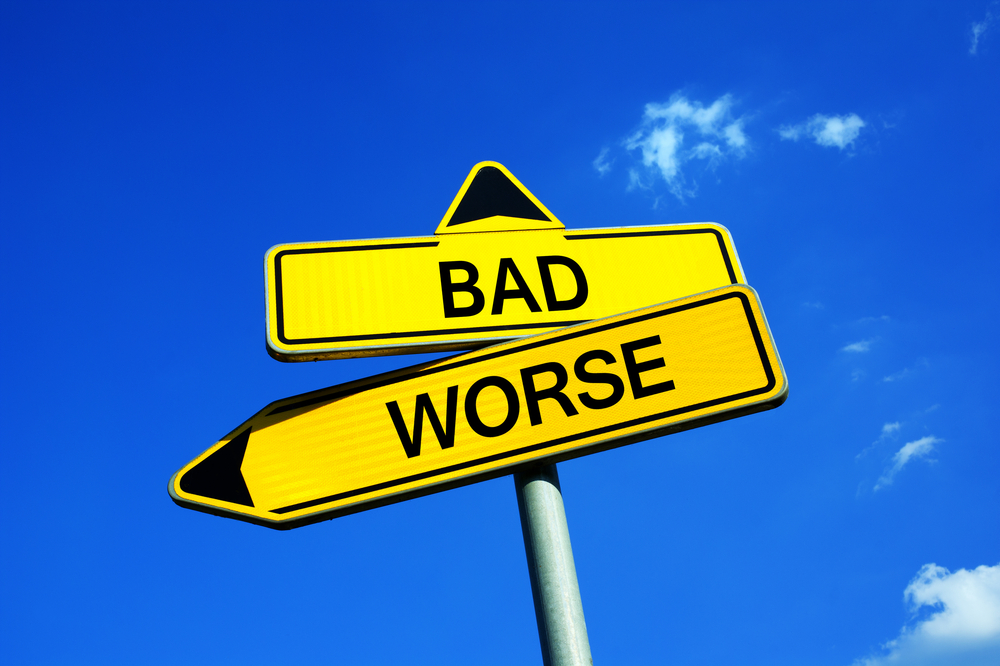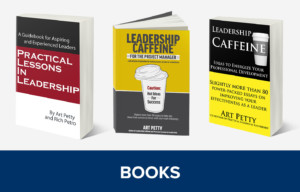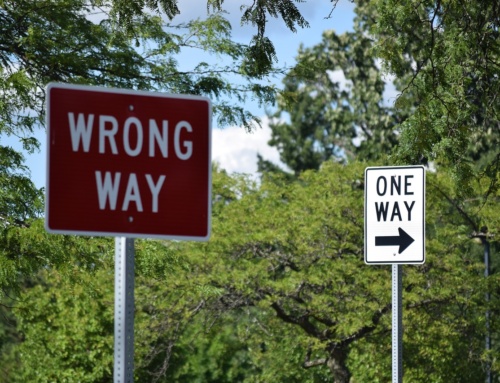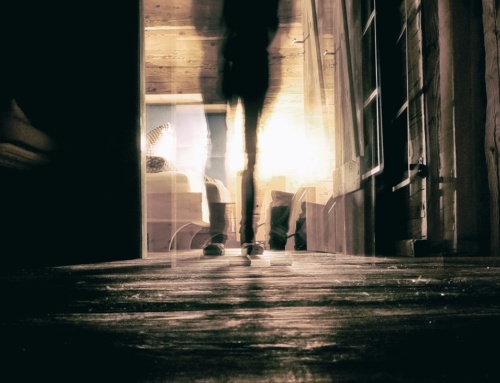A good number of decisions in business (and life) include choices that beg selecting the least bad option.
- Do we pull in that big deal with a discount incentive to dress up this quarter’s poor numbers and in the process, create a hole for the next quarter?
- Do we go public with our findings, or hope that the situation that triggers the problem never occurs?
- Do we continue investing in this initiative regardless of the fact that our competitor just released something that trumps our yet-to-be-born idea?
- Do I look the other way on that transgression, or fire the person who has proven so valuable to our firm?
- Do I cover for my boss or go over her head?
- Do we bet everything on the new strategy, or stick with the old one hoping we can be the one firm that grows in a dying market?
When facing these decisions we strive to rationalize the choice that exposes us personally to the least amount of risk. It is our survival instinct. We do this as individuals, and we most definitely do this as management teams. Usually, this is the wrong choice.
In a course on decision-making I teach every year, the students (all professionals) describe regret over the choices they made where their self-interests overrode their thinking about right and wrong.
Alternatively, the students look back with pride at the hard calls they made that were morally (to them) the right calls. Interestingly, even in situations that did not work out favorably, those who made the harder personal calls for least bad option scenarios describe those decisions as pivot points in their lives and careers. They frequently point to a string of subsequent tough decisions where the right choice propelled their careers and firms forward.
When you face a choice between two unattractive options, there’s usually one that is the better choice for the bigger picture. In the examples above, the right choices exposed the decision-maker(s) to greater risk.
Perhaps the right approach when facing a choice between two seemingly unattractive options is to break the mirror in front of you and look beyond your own self interests.
—








Leave A Comment